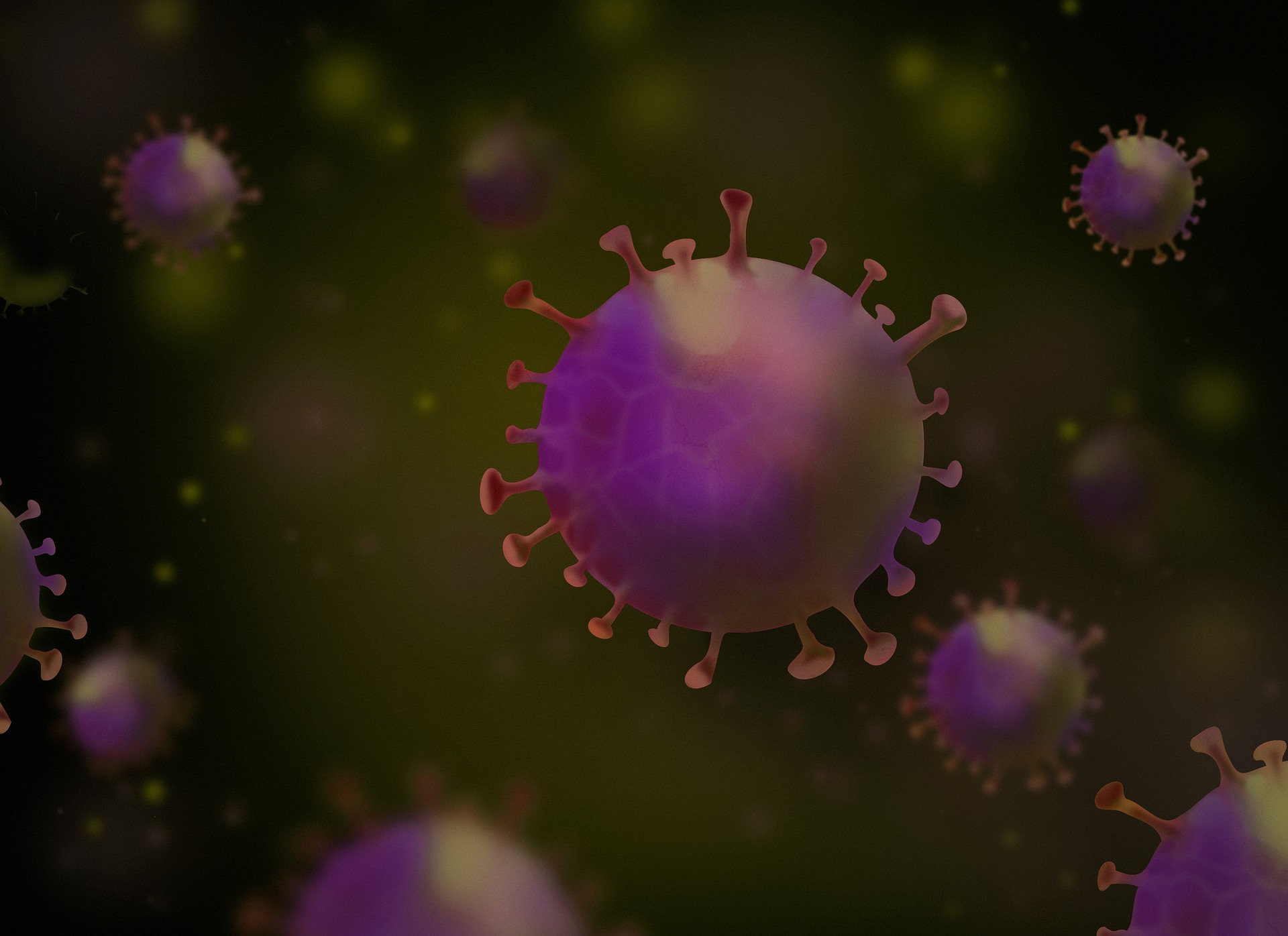The Ministry of Health has reported 810 new Covid-19 cases today – a large rise on yesterday’s record 454 cases.
The expected uptick in confirmed cases is almost double the seven-day rolling average of 432 cases. People who have tested positive are located in 16 regions of New Zealand.
The SMC asked experts to comment on the news.
Dr David Welch, Senior Lecturer, Centre for Computational Evolution, University of Auckland, comments:
“The case numbers we have seen over the last few days suggest that Omicron is starting to spread more rapidly than it was in the first few weeks of this outbreak. This is in line with outbreaks overseas where case numbers have doubled approximately every three days.
“The early spread here was likely limited by contact tracing efforts but with higher case numbers, contact tracing is not able to keep up. We also see a wide geographic spread of cases showing that the virus is spreading throughout the country.
“We can continue to limit the impacts of spread by following the basics of mask-wearing, getting tested if symptomatic, meeting only in well-ventilated spaces, getting vaccinated and boosted, and scanning in wherever we go. Anyone who is eligible for a vaccination or a booster shot should get it as soon as possible as we are all likely to encounter COVID in the coming weeks.”
No conflict of interest.
Dr Dianne Sika-Paotonu, Immunologist, Associate Dean (Pacific), Head of University of Otago Wellington Pacific Office, and Senior Lecturer, Pathology & Molecular Medicine, University of Otago Wellington, comments:
“The 810 new community COVID-19 cases reported today represents the biggest jump and highest number ever to be recorded in Aotearoa New Zealand. Omicron is spreading rapidly across Aotearoa New Zealand and is being detected in new areas of the country including parts of the South Island.
“Due to Omicron’s higher transmissibility, this variant of the SARS-CoV-2 virus is spreading quickly, with the increasing COVID-19 case numbers placing pressure on our health and other support systems in Aotearoa New Zealand.
“We remain in the process of protecting vulnerable communities that include our children, tamariki and tamaiki aged 5-11 years, and getting people boosted to protect them from Omicron – with care and caution needed moving forward, since inequities with respect to Māori and Pacific peoples, tamariki and tamaiki are again evident in booster and vaccination levels.
“Of those children aged 5-11 years, 45% of the general population have received their first vaccine dose, while for Māori and Pacific tamariki and tamaiki, vaccination levels for first doses are sitting at 26% and 36% respectively.
“Evidence and experience clearly demonstrates that Māori and Pacific peoples and their whanau, aiga and kainga remain vulnerable to being disproportionately impacted and affected by COVID-19 and therefore will require focus and prioritisation with respect to COVID-19 vaccination, boosters, testing and prevention efforts.
“We have seen our Māori and Pacific teams working tirelessly to drive up general vaccination levels and protect their communities, whānau and kāinga using equity approaches to help people get access to vaccines, information and health services, while building trust at the same time.
“Our 5-11 year old children, tamariki and tamaiki in Aotearoa New Zealand have had the shortest time of any groups to access their paediatric Pfizer COVID-19 vaccine and we will need to help and support them as best we can to get vaccinated quickly and to ensure that no-one is being left behind.
“We need to do everything we can to keep ourselves and others safe, and slow down the spread of Omicron while our children, tamariki and tamaiki get vaccinated, and we need people to get boosted.”
No conflict of interest declared.
